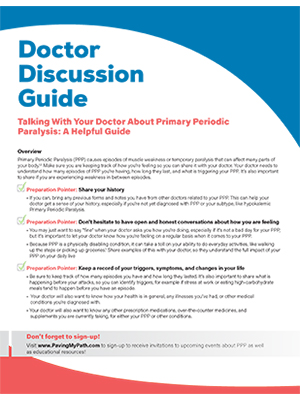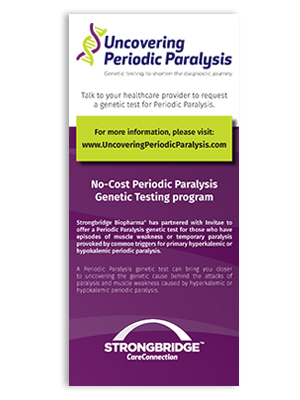Support to help you manage the condition
Finding out you have Primary Periodic Paralysis (PPP) may cause concerns and questions about what this diagnosis means for you, both today and into your future. That’s why we’ve developed a variety of tools and resources to help you learn more about your condition and get the most out of the treatment plan your doctor recommends.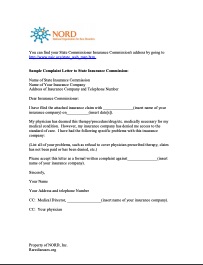
- It is always important to maintain an ongoing medication log that includes all medication treatments you have tried in the past and current medication treatments for your PPP.
- Maintain a list of all physicians and hospitals that you have visited regarding your PPP, including any emergency room visits where lab tests may have been taken during a PPP episode.
- Create a file folder to keep all of your documents, logs, test results, and medication lists. Keeping these in chronological order will help your doctor.
Read More
- Include all of the paperwork regarding your case.
- Provide as much detail as possible about your history with PPP and previous medications you took as well as how you did on them.
- Request information from your doctor’s office to support your case, including internal and external appeal documents submitted by the doctor.
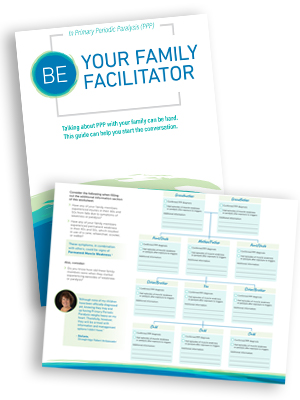
View
View
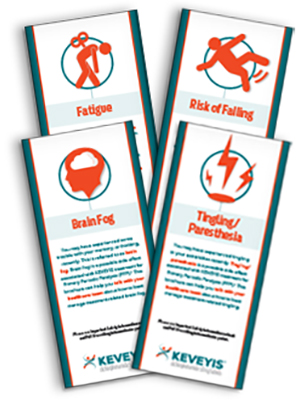
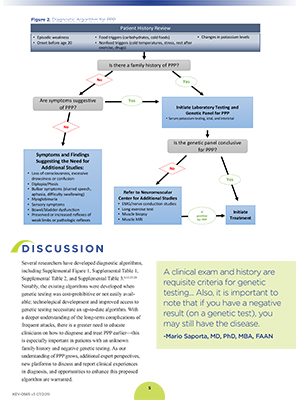
View
PPP DocFinder Website
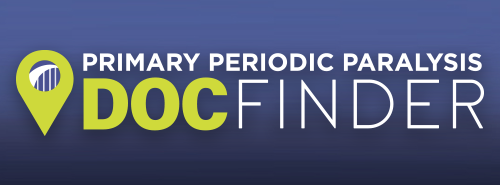 The PPP DocFinder was created in support of the PPP community. This website will help you find doctors who have experience diagnosing and managing PPP.
The PPP DocFinder was created in support of the PPP community. This website will help you find doctors who have experience diagnosing and managing PPP.
Find A Doctor
Community support
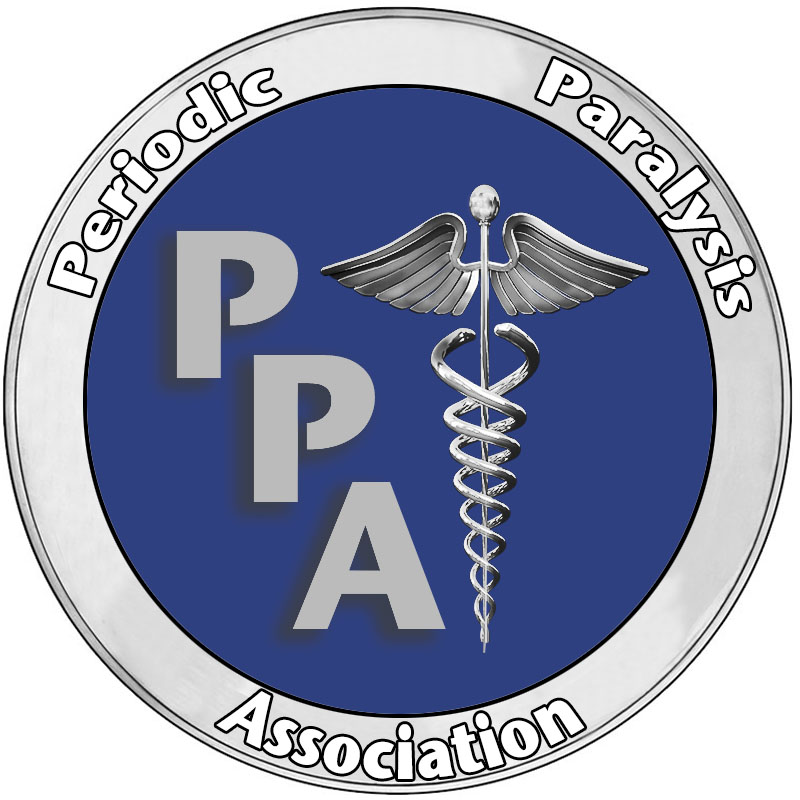 Periodic Paralysis Association
The Periodic Paralysis Association is a nonprofit charitable corporation founded to foster awareness of the periodic paralyses, promote science-based information regarding this class of disorder, and champion the interests of the periodic paralysis community.
Learn more
Periodic Paralysis Association
The Periodic Paralysis Association is a nonprofit charitable corporation founded to foster awareness of the periodic paralyses, promote science-based information regarding this class of disorder, and champion the interests of the periodic paralysis community.
Learn more

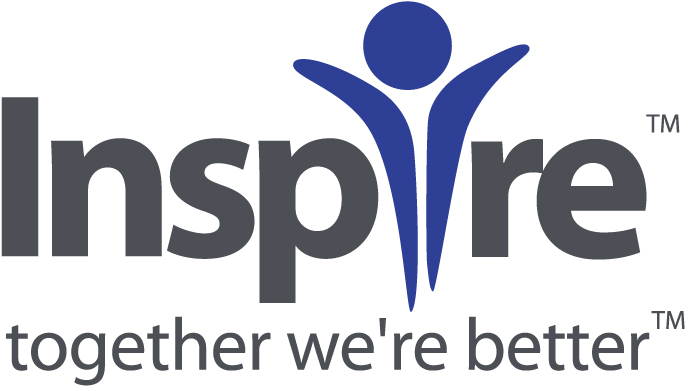 An Online PPP Community
The Inspire online community connects patients and caregivers living with PPP. Members share stories of support on how they are living and thriving with PPP as well as valuable information.
Learn more
An Online PPP Community
The Inspire online community connects patients and caregivers living with PPP. Members share stories of support on how they are living and thriving with PPP as well as valuable information.
Learn more
 Muscular Dystrophy Association (MDA)
A nonprofit organization whose mission is to provide hope and answers to families living with diseases that take away muscle strength and mobility.
Learn more
Muscular Dystrophy Association (MDA)
A nonprofit organization whose mission is to provide hope and answers to families living with diseases that take away muscle strength and mobility.
Learn more
